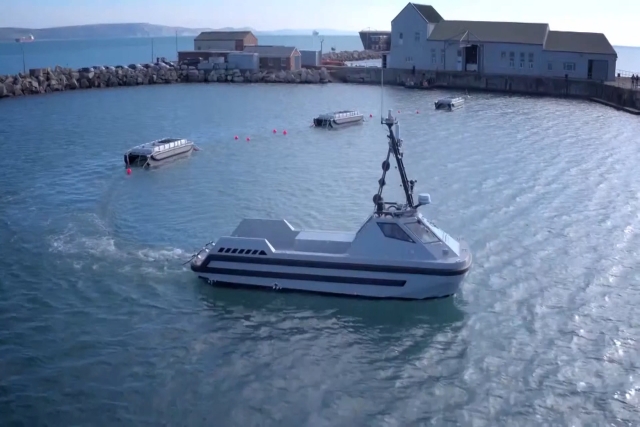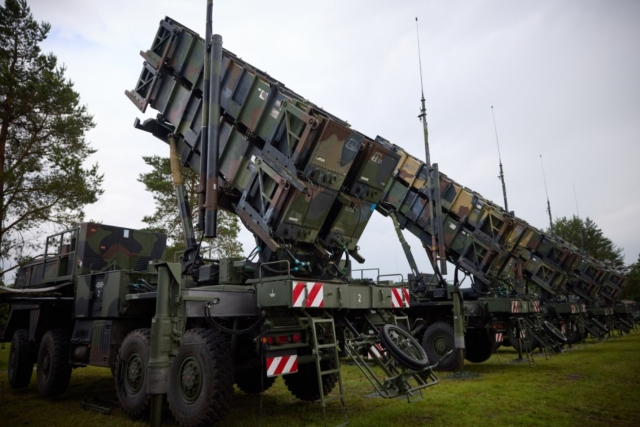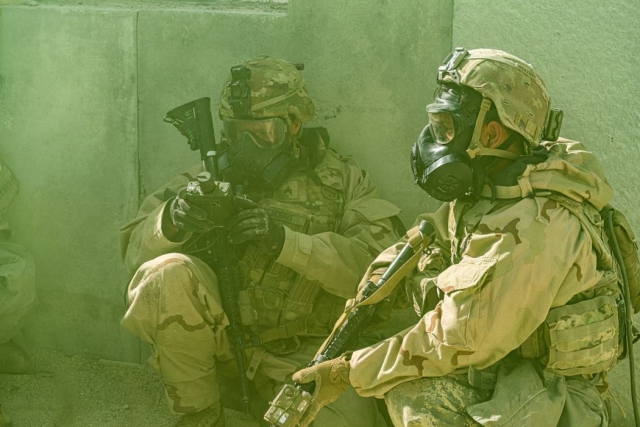Federal Foreign Office Welcomes Tougher Controls on European Arms Exports
The European Union is strengthening its export controls in the sphere of conventional weapons. Since yesterday (8 December), the EU has had a legally binding Code of Conduct on Arms Exports. This places arms export controls on a common legal basis in all EU member states.>> The EU Foreign Ministers made the relevant decision in Brussels. The German Government has been calling for an effective Code of Conduct for many years and has actively supported the move to make the Code, which previously merely placed member states under a political obligation, legally binding.>> Export controls will remain a national responsibility, but the Code will help ensure greater European harmonization. Traditionally, the German Government pursues a restrictive arms control policy.>> The amended EU Code of Conduct states eight criteria, for example the human rights situation or regional stability, which have to be taken into account when making decisions on arms exports. Furthermore, it envisages exchange of information, consultation mechanisms and reporting requirements.>> The adoption of the code also provides key impetus for the initiative to create a legally binding international Arms Trade Treaty (ATT): for many years now, the German Government has been one of the staunchest supporters within the United Nations of a comprehensive and ambitious international Arms Trade Treaty. The aim is to draw up a clear catalogue of criteria for responsible arms transfers.>> The German Government will continue to work tirelessly to persuade the member states of the United Nations to begin negotiations on an international Arms Trade Treaty as quickly as possible and to set down universally valid standards for arms transfers in a legally binding instrument.









